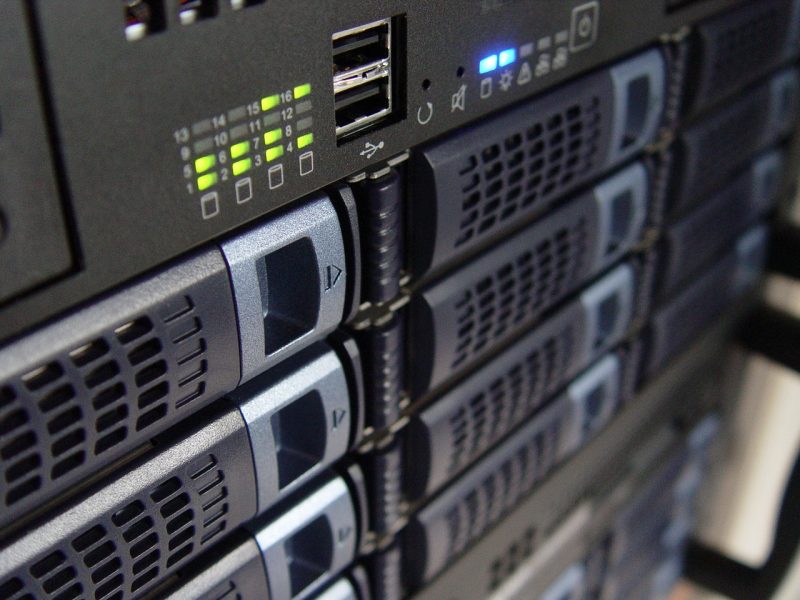
A data recovery plan may not be the sexiest part of running a business, but it is essential. Since no business can function offline, protecting your data is a top priority. The good news is, protecting your data should be simple because, in the event of a disaster, you don’t want your recovery plan to be like an escape room. A recovery plan should be concise and easy to follow so that you can recover data and get back to business as quickly as possible.
Why you need a data recovery plan
 Between natural disasters and the growing threat of being hacked, your data is more vulnerable than ever. Having a data recovery plan is essential. The main aspect of your recovery plan is how you store your data. There are advantages to having an onsite server room, and there are advantages to storing your data off-site. And of course, there are also disadvantages to both.
Between natural disasters and the growing threat of being hacked, your data is more vulnerable than ever. Having a data recovery plan is essential. The main aspect of your recovery plan is how you store your data. There are advantages to having an onsite server room, and there are advantages to storing your data off-site. And of course, there are also disadvantages to both.
Advantages of an on-site server room
Having complete control of your date is probably the biggest advantage of an onsite server room. You can customize and modify your server room to your needs. When your needs change, you don’t have to work with a third party to meet new challenges. You are 100% in charge.
Disadvantages of an onsite server room
See Advantages! Yup, all of the advantages of an onsite server room can quickly become disadvantages in the event of a disaster. If your entire office is flooded or damaged by a fire, your server room will also be damaged, making data recovery difficult. Plus, running a data room day to day, constantly improving security and making changes to your server setup takes time. For small and mid-sized businesses, you may want to think about using your resources on other business-related matters, and not on an onsite server room.
Advantages of an off-site data center
 In the event of a fire, floods, theft, or other onsite disasters you’ll be really glad that your data was stored and consistently backed up at an off-site data center. It’s like keeping all of your biggest diamonds in a bank vault, and not in your home. And, your data will be just as easily accessible to you and all of your employees whether it’s stored onsite or off-site. But, off-site data centers will help you recover your data if our office is affected by a natural disaster. And, for a startup, small, or mid-sized business, there is greater value and more security in storing your data in an off-site data center.
In the event of a fire, floods, theft, or other onsite disasters you’ll be really glad that your data was stored and consistently backed up at an off-site data center. It’s like keeping all of your biggest diamonds in a bank vault, and not in your home. And, your data will be just as easily accessible to you and all of your employees whether it’s stored onsite or off-site. But, off-site data centers will help you recover your data if our office is affected by a natural disaster. And, for a startup, small, or mid-sized business, there is greater value and more security in storing your data in an off-site data center.
Disadvantages of off-site data center
If you are a control freak, you may have a hard time giving up complete control of your servers. Handing over all of your data and trusting a third party to keep it safe is hard for some. It’s like dropping your first kid off at preschool or leaving them at home with the babysitter the first time. But, you’ll get used to it, and by the time you have your second kid, you won’t think twice about leaving them at home with the sitter. As long as you choose a data center you trust, who provides you with the security, uptime, and scalability that you need, you’ll quickly see the advantages of relinquishing control, freeing up resources, and allowing you to focus on other aspects of your business.
One Point Sync has complete IT solutions for small and midsize businesses in the Denver area, including the type of data storage, backup, and security that is best for your business and your data recovery plan.



